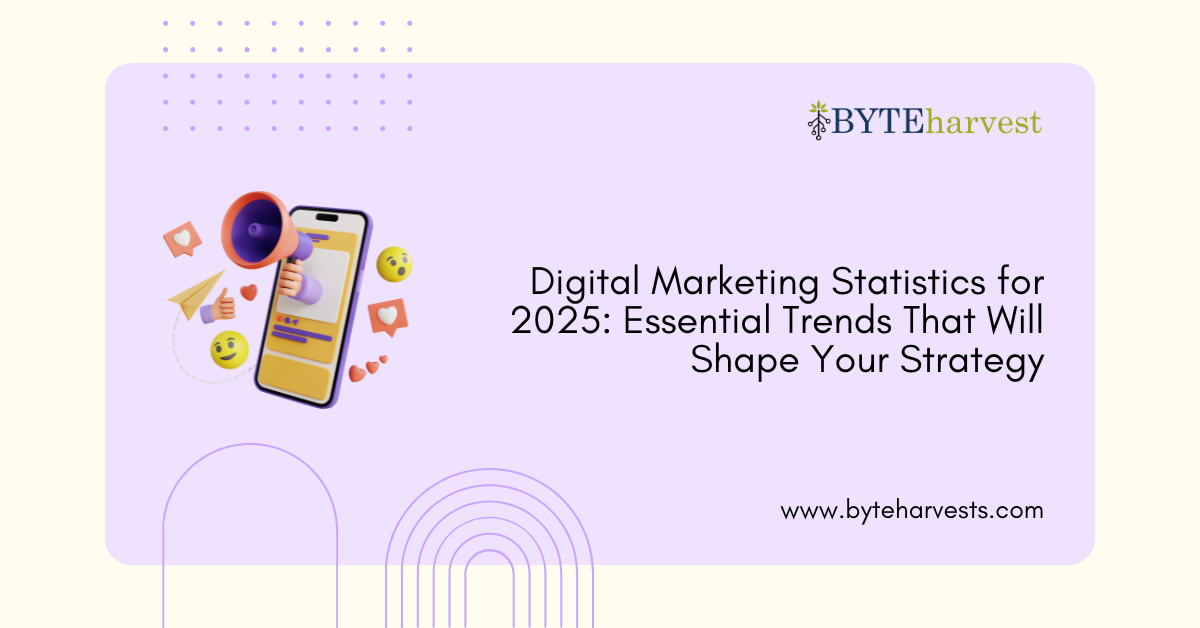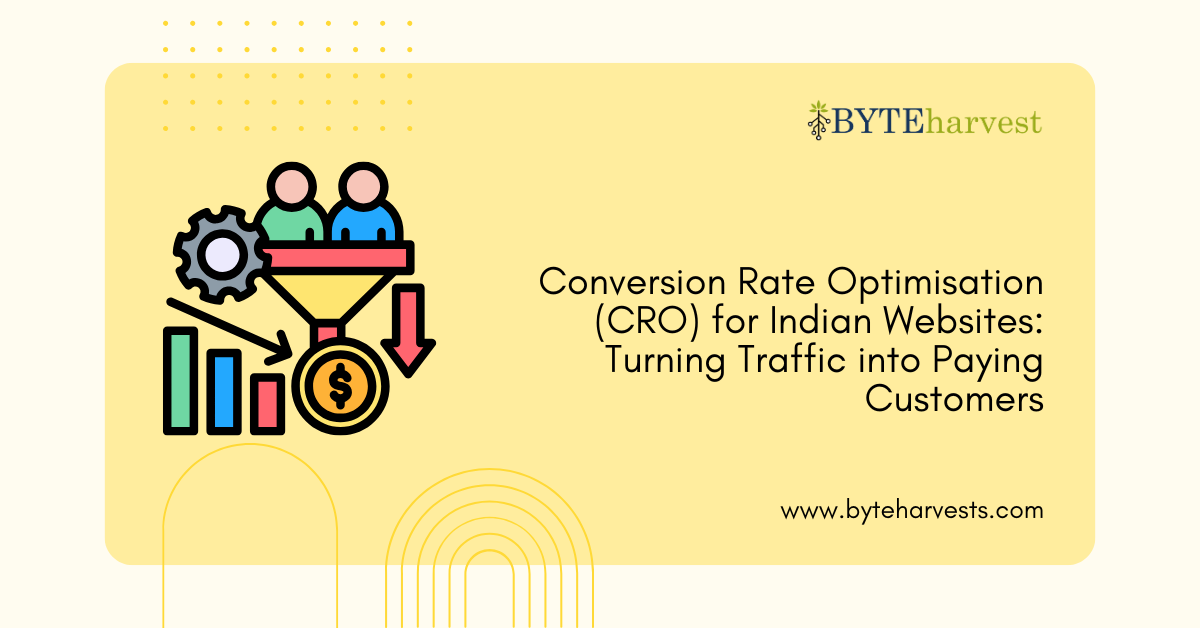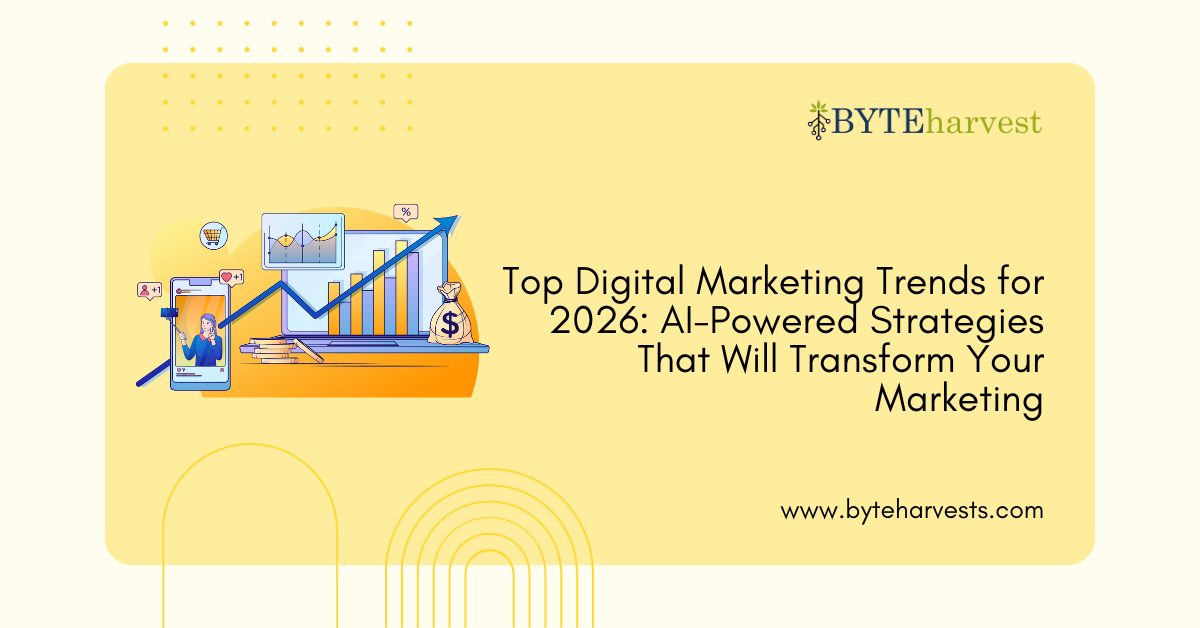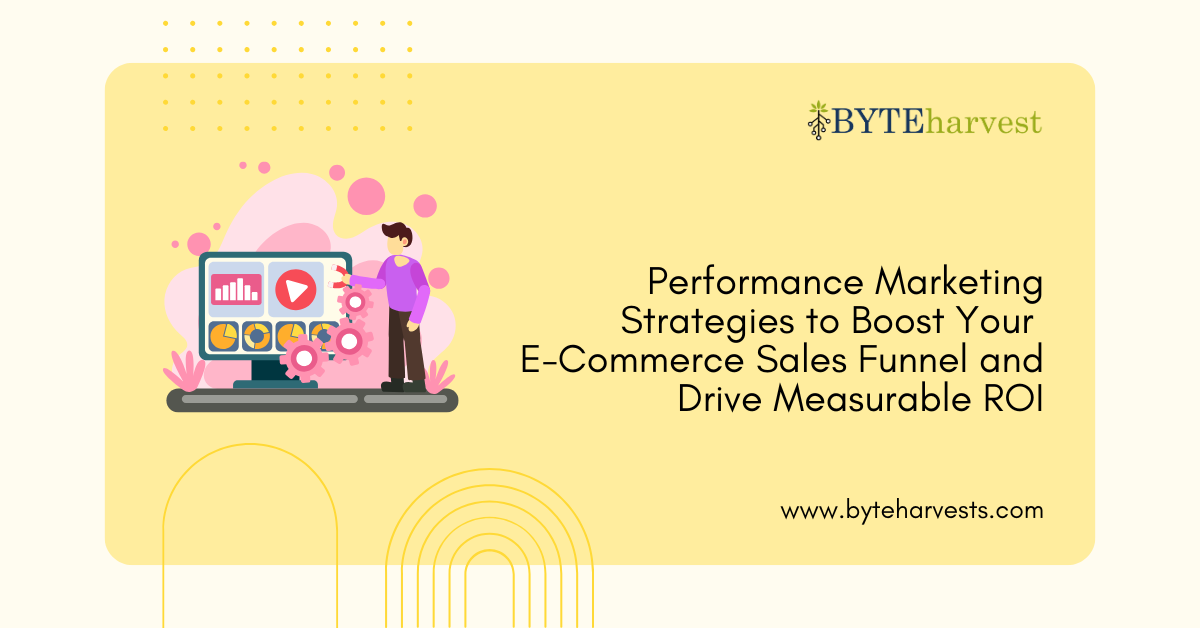Digital Marketing Statistics for 2025: Essential Trends That Will Shape Your Strategy
As we dive into 2025, the digital marketing landscape continues to evolve at an unprecedented pace. This comprehensive guide explores the latest digital marketing statistics for 2025, offering valuable insights into emerging trends, shifting consumer behaviors, and technological advancements that are reshaping how marketers connect with their audiences. Whether you’re a seasoned professional or new to digital marketing, understanding these trends is crucial for staying ahead of the curve and optimizing your marketing strategy.

What Are the Most Impactful AI Trends in Digital Marketing statistics for 2025?
The integration of artificial intelligence in digital marketing has reached new heights in 2025. Marketers employ AI for increasingly sophisticated applications, from content creation to customer segmentation. Recent statistics show that 78% of marketing teams now use generative AI for various tasks, including image production and podcast script authoring, reflecting the latest trends in online marketing. The digital marketing landscape has been particularly transformed by AI-powered personalization, with marketers saying this technology has improved their conversion rate by an average of 45%.
The impact of AI extends beyond just automation. The marketing industry is seeing a fundamental shift in how marketers can make mobile marketing work through AI-powered analytics and real-time optimization. This technology is helping marketing teams deliver more relevant, timely, and personalized content to their audiences.
How Has Email Marketing statistics Evolved in the Digital Age?
Email marketing statistics continue to demonstrate the channel’s resilience and effectiveness. In 2025, b2b email marketing remains one of the most reliable digital marketing strategies, with a remarkable ROI of $45 for every dollar spent. The evolution of email marketing has been particularly noteworthy in the B2B sector, where personalization and automation have led to higher conversion rates, as indicated by general statistics to give.
Marketing email effectiveness has actually increased, contrary to some predictions. Statistics for 2025 for online engagement show that 62% of consumers prefer to receive communications from brands via email, making it an essential component of any digital market strategy. The click-through rate for personalized emails has seen a significant uptick, especially when combined with AI-powered segmentation.
What Role Does SEO statistics Play in 2025’s Digital Landscape?
Search engine optimization remains fundamental to digital marketing strategies in 2025. SEO statistics indicate that 68% of online experiences begin with a search engine, making search engine market understanding crucial for marketers. The landscape of search engine rankings has evolved significantly, with user experience and mobile-friendly design becoming increasingly important ranking factors.
Search statistics reveal that 73% of users conducting a local search on their smartphone make a purchase within 24 hours. This highlights the growing importance of mobile optimization in any marketing strategy. Traditional marketing approaches to SEO are being supplemented by new technologies and user behavior patterns, particularly as voice search continues to grow globally.
How Are Social Media Platforms Transforming Digital Marketing?
The social media marketing landscape has undergone significant changes, with platforms like TikTok and LinkedIn reshaping how brands connect with their audiences in the realm of top digital marketing. Using social media for business purposes has become more sophisticated, with 89% of marketers saying these platforms are essential to their overall marketing strategy.
Content marketing on social media platforms has evolved, with video content becoming increasingly dominant. Statistics show that marketers believe video marketing will account for 82% of all internet traffic by the end of 2025. The growth rate of social media platform usage continues to exceed expectations, particularly in B2B contexts where LinkedIn has seen remarkable engagement growth, as supported by recent marketing stats.
What Are the Latest Mobile Marketing Trends for 2025?
With smartphone users expected to reach 7.5 billion by 2024, mobile marketing has become more critical than ever. Statistics to understand include that 72% of internet traffic comes from mobile devices, fundamentally changing how marketers approach digital advertising. The marketing landscape for mobile continues to evolve, with new company innovations driving enhanced user experiences.
Mobile-friendly content is no longer optional, as search statistics indicate that 61% of users are unlikely to return to a site that isn’t optimized for mobile devices. Marketing channels are increasingly being designed with a mobile-first approach, recognizing that most consumers research products online using their smartphones.
How Is B2B Digital Marketing Changing?
The B2B digital marketing has seen significant transformation, with marketers are also adjusting to this transition by investing in new technologies and approaches. LinkedIn remains the top platform for B2B marketing, with 94% of B2B marketers using the platform for content distribution, according to top digital marketing statistics. The marketing budget allocation for B2B digital initiatives has increased by 43% compared to 2024, underscoring the importance of adapting to new trends in online marketing.
Best digital marketing practices in the B2B space now emphasize personalization and account-based marketing approaches, which are essential for effective online marketing. The conversion rate for B2B digital marketing campaigns has improved significantly, particularly when combining multiple digital marketing strategies such as content marketing and email marketing campaigns.
What Impact Has Privacy Policy Changes Had on Digital Marketing?
Privacy concerns continue to reshape digital marketing strategies in 2025. G2’s privacy policy changes and similar regulatory developments have forced marketers to adapt their approaches to data collection and usage. The cookie policy evolution has led to new innovations in first-party data collection and usage.
Marketing platforms have had to evolve to comply with stricter privacy regulations while maintaining effectiveness. This has led to increased focus on building direct relationships with audiences through valuable content and transparent data practices, a key principle in online marketing.
What Are the Most Effective Content Marketing Strategies for 2025?
Content marketing remains crucial in 2025 for online growth, with new formats and distribution channels emerging. Marketers can now leverage AI for creating various content types, from like blog posts to interactive experiences. The digital marketing institute reports that content marketing generates three times as many leads as traditional marketing while costing 62% less, highlighting its effectiveness in current marketing stats.
The hottest marketing news involves the integration of multiple content formats across marketing channels. Video content, podcasts, and interactive content are seeing particularly strong growth, with statistics showing higher engagement rates compared to traditional content formats.
How Is Influencer Marketing Evolving in 2025?
Influencer marketing continues to mature as a digital marketing strategy, with more sophisticated measurement and ROI tracking, reflecting the evolving landscape of online marketing. The marketing industry has seen a shift toward micro-influencers and authentic partnerships, with TikTok and LinkedIn becoming increasingly important platforms for B2B influencer marketing.
The growth rate of influencer marketing spending has stabilized, but the effectiveness of well-executed campaigns continues to improve. Marketers say that influencer partnerships now generate some of their highest ROI when properly aligned with overall marketing goals
What Are the Key Metrics for Measuring Digital Marketing Success in 2025?
Understanding digital marketing statistics for 2025 requires focusing on the right metrics. Conversion rate remains a crucial metric, but new measurements for engagement and customer lifetime value have emerged. Marketing teams are increasingly focused on cross-channel attribution and customer journey analysis, a critical aspect of top digital marketing practices.
Digital advertising effectiveness is now measured through more sophisticated means, with AI-powered analytics providing deeper insights into campaign performance. The marketing landscape demands more nuanced understanding of how different channels contribute to overall success.
Key Takeaways:
- AI and automation are revolutionizing digital marketing, with 78% of marketers using generative AI
- Email marketing maintains strong ROI, especially in B2B contexts
- Mobile optimization is crucial, with 72% of internet traffic coming from mobile devices
- Privacy concerns are reshaping data collection and marketing strategies
- Content marketing continues to evolve, with video and interactive content leading the way
- Social media platforms are becoming more specialized, with LinkedIn dominating B2B marketing
- Influencer marketing is maturing, with focus shifting to authentic partnerships, which is a vital trend in top digital marketing strategies.
- Measurement and analytics are becoming more sophisticated, enabled by AI
- SEO remains fundamental, with increased focus on user experience and mobile optimization
- B2B digital marketing is seeing increased budget allocation and sophistication






